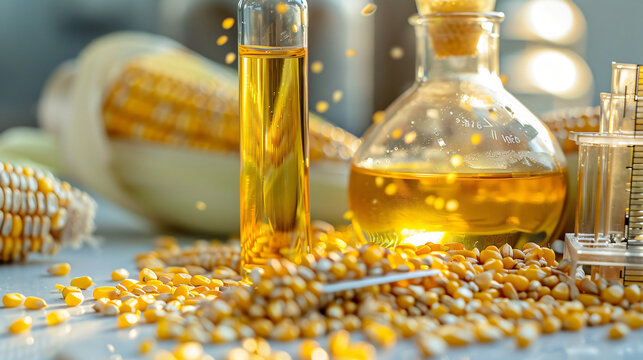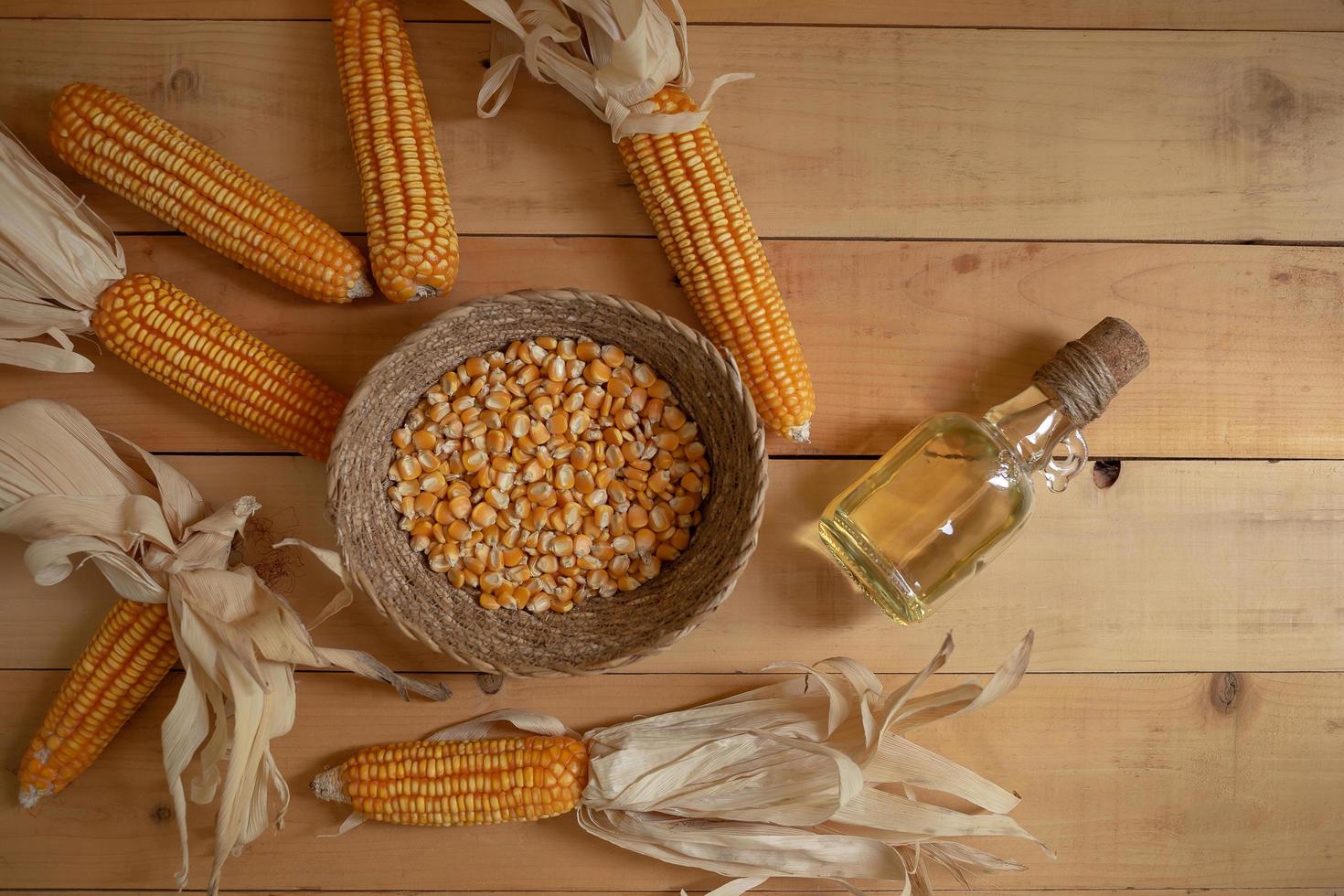How Is Corn Oil Made? Terrific Technology for Beauticians
Corn oil is a widely used cooking and cosmetic oil derived from the kernels of corn. Knowing how corn oil is made is essential for beauticians, as its quality and production methods can influence various beauty applications. From enhancing skin properties to adding nourishment to hair, understanding the intricacies of corn oil can help beauticians make informed decisions.
This article aims to take you through the remarkable processes involved in producing corn oil while highlighting its benefits, uses, and some shocking facts. Lets dive into the world of corn oil and unveil the secrets behind its creation.

The Corn Oil Extraction Process
Corn oil is primarily extracted from the germ of the corn kernel. The extraction process involves several stages to ensure maximum yield and purity.
Step 1: Harvesting Corn
The first stage in how corn oil is made begins with acquiring high-quality corn. Farmers harvest the corn during the peak season when the kernels are fully matured and the crop is ready for processing.
Step 2: Drying and Conditioning
Post-harvest, the corn undergoes drying and conditioning. This process is vital as it reduces the moisture content of the kernels, making it easier to extract the oil.
Step 3: Oil Extraction Methods
There are primarily two methods employed for oil extraction:
- Mechanical Pressing: This method uses a mechanical press to squeeze oil from the corn germ. It retains more nutrients compared to chemical methods, making it ideal for cosmetic purposes.
- Solvent Extraction: In this method, a solvent (often hexane) is used to dissolve the oil from the germ. This approach yields a higher amount of oil but involves chemical residues.
Step 4: Refinement
After extraction, the crude corn oil undergoes refining. This process eliminates impurities and enhances the oil's flavor and shelf life. It typically involves several stages:
- Degumming: Removing phospholipids and other impurities.
- Neutralization: Eliminating free fatty acids to improve taste.
- Bleaching: Removing color pigments and unwanted odors.
- Deodorization: Final step to eliminate any remaining odors.

Health Benefits of Corn Oil
Corn oil isnt just popular in culinary uses; it also has several health and beauty benefits:
- Rich in Vitamin E, a powerful antioxidant that promotes skin health.
- Contains fatty acids that keep hair moisturized.
- Has high smoke points, making it suitable for cooking and cosmetic applications.

Beauty Uses of Corn Oil
Corn oil has been a popular ingredient in beauty products. Heres why beauticians should consider it:
- Skin Moisturization: The oil acts as an emollient that locks in moisture, making it ideal for dry skin.
- Hair Conditioner: It nourishes the scalp and helps in hair rejuvenation.
- Makeup Remover: Corn oil can effectively lift makeup without irritating the skin.

Unmissable Facts About Corn Oil
Understanding some shocking aspects of corn oil can help you appreciate it more:
- Corn oil is often used as a base for many cosmetic products, thanks to its non-comedogenic properties.
- It is often blended with other oils, enhancing its versatility.
- Unlike many oils, corn oil does not solidify at lower temperatures, making it easier to work with.
How to Choose Quality Corn Oil
For beauticians, selecting high-quality corn oil is essential. Here are some incredible tips to consider:
- Look for cold-pressed varieties to retain the highest nutrient levels.
- Check for certifications indicating organic farming practices.
- Prefer oils stored in dark glass bottles to prevent light degradation.
In summary, how is corn oil made involves meticulous processes that enhance its usability in both cooking and various beauty applications. With the right knowledge, beauticians can leverage its benefits to improve their services.
For further reading, check out these beneficial articles: What is Corn Oil and Vegetable Oil Overview.
FAQ
1. Is corn oil safe for all skin types?
Most people can use corn oil safely; however, those with oily skin may want to patch-test it first.
2. Can corn oil be used in cooking?
Absolutely! Corn oil has a high smoke point and is excellent for frying.
3. Does corn oil cause acne?
It is non-comedogenic, making it less likely to clog pores and cause acne.
As an Amazon Associate, I earn from qualifying purchases.

